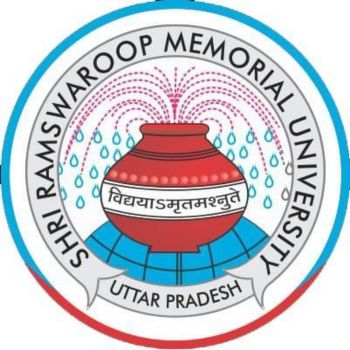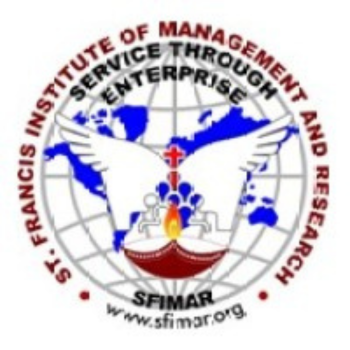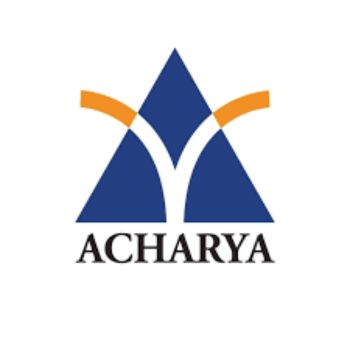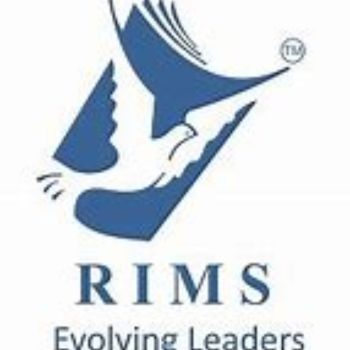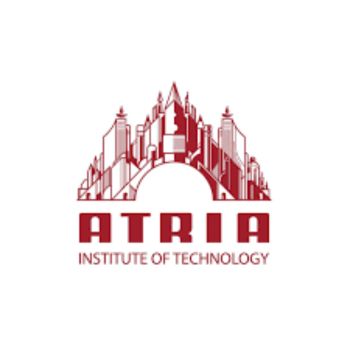HMR Institute of Technology and Management (HMRITM) in Delhi has built a reputation for fostering industry-aligned education since its establishment in With affiliations to Guru Gobind Singh Indraprastha University and approval from AICTE, the institute offers technical and management programs across undergraduate and postgraduate levels. Its placement ecosystem reflects the evolving dynamics of India’s job market, combining traditional engineering strengths with emerging specializations. The following analysis explores placement trends, branch-specific outcomes, and strategic insights for students considering HMRITM. The institute maintains a structured placement process coordinated through a dedicated training and placement cell. While specific median salary data isn’t publicly disclosed, available metrics suggest consistent recruitment across core sectors and IT domains. The placement table below summarizes recent trends across key programs:
Table of Contents
- HMR Institute of Technology and Management Placement Overview
- HMR Institute of Technology and Management Branch-wise Placement Dynamics
- HMR Institute of Technology and Management Strategic Advantages in Placement Preparation
- HMR Institute of Technology and Management Emerging Trends and Student Considerations
- HMR Institute of Technology and Management Future Outlook and Institutional Priorities
HMR Institute of Technology and Management Placement Overview
| Branch/Course | Avg Package (LPA) | Highest Package (LPA) | % Placed / No. Placed | College Avg Placement (LPA) | Additional Info | Student Review on Placement Data |
| B.Tech Computer Science Engineering | INR 4.5-5.5 LPA | INR 10-12 LPA | 75-80% | INR 4.5 LPA | Top recruiters: TCS, Infosys, Wipro | Decent placements for CSE with most offers from service-based companies |
| B.Tech Electronics & Communication Engineering | INR 3.5-4.5 LPA | INR 8-9 LPA | 65-70% | INR 4.5 LPA | Core companies like Bharat Electronics Limited participate | Average packages for ECE compared to CSE |
| B.Tech Mechanical Engineering | INR 3-4 LPA | INR 6-7 LPA | 60-65% | INR 4.5 LPA | Limited core sector recruitment | Few mechanical students get core jobs through campus drives |
| B.Tech Artificial Intelligence & Machine Learning | INR 5-6 LPA | INR 12-14 LPA | 70-75% | INR 4.5 LPA | Emerging specialization with tech startup recruitment | New branch showing better placement trends than traditional streams |
| MBA | INR 3.5-4.5 LPA | INR 7-8 LPA | 60-65% | INR 4.5 LPA | Finance and marketing roles dominate | Placement support needs improvement for management graduates |
| MCA | INR 3-4 LPA | INR 6-7 LPA | 55-60% | INR 4.5 LPA | Primarily IT sector placements | MCA students compete with engineering graduates for same roles |
Interpreting the Data Computer Science Engineering (CSE) remains the most consistent performer, with 75-80% placement rates and median packages aligning with national averages for tier-2 engineering colleges. The introduction of Artificial Intelligence & Machine Learning (AI/ML) as a specialization demonstrates the institute’s responsiveness to market demands, reflected in its superior placement metrics compared to traditional branches.
HMR Institute of Technology and Management Branch-wise Placement Dynamics
Computer Science Engineering (CSE) CSE students benefit from strong ties to IT service giants, with ~80% securing roles in software development and system integration. While the highest package reaches INR 12 LPA, most offers cluster in the INR 4.5-5.5 LPA range, typical for mass recruiters. Limited product company participation keeps top-tier packages below those of premier NIRF-ranked institutions. Electronics & Communication Engineering (ECE) ECE placements show a dual trend: 65-70% of students secure positions through campus drives, with core electronics roles from PSUs like Bharat Electronics Limited complementing IT sector opportunities. The INR 3.5-4.5 LPA average reflects the broader industry pattern where hardware-focused roles often trail software salaries. Mechanical Engineering Facing industry-wide challenges in core manufacturing recruitment, mechanical engineering reports 60-65% placement rates. Automotive and HVAC sectors account for most roles, though some graduates transition to IT through internal training programs. The branch’s INR 6-7 LPA ceiling indicates niche opportunities in design and thermal engineering. Artificial Intelligence & Machine Learning This specialization outperforms traditional streams with 70-75% placement rates and a INR 12-14 LPA peak. Early movers in AI education, HMRITM attracts startups and mid-sized tech firms seeking machine learning engineers, though established tech giants remain cautious in direct recruitment. Management and IT Postgraduates MBA placements (60-65%) focus on banking and FMCG sectors, with average packages comparable to newer B-schools. MCA outcomes mirror the competitive IT landscape, where graduates vie with engineering peers for developer roles, resulting in 55-60% placement rates.
HMR Institute of Technology and Management Strategic Advantages in Placement Preparation
Curriculum-Industry Alignment The institute’s decision to introduce AI/ML ahead of many peers demonstrates proactive program development. Project-based learning in IoT and data analytics gives technical students an edge in product development interviews. Recruiter Engagement Strategy While maintaining relationships with service sector stalwarts, the placement cell increasingly targets product startups and R&D centers. This dual approach helps cushion traditional engineering branches against sectoral downturns. Skill Development Initiatives Mandatory internships and certification programs in cloud computing and automation tools address the IT sector’s demand for job-ready candidates. Management students receive case-study training aligned with consulting and financial services requirements.
HMR Institute of Technology and Management Emerging Trends and Student Considerations
- Specialization Impact: AI/ML graduates command 20-25% higher starting salaries than CSE peers, signaling strong market demand for niche skills.
- Core Sector Revival: Increased government spending on infrastructure projects could improve mechanical and civil engineering prospects in coming years.
- Startup Ecosystem: Delhi-NCR’s growing tech startup landscape offers alternative opportunities beyond traditional campus placements.
- Postgraduate Pathways: 15-20% of engineering graduates pursue higher studies, leveraging the institute’s research partnerships with international universities. Prospective students should weigh branch selection against personal aptitude and industry trajectories. While CSE and AI/ML offer immediate placement advantages, core engineering branches provide stability for those committed to specialized domains.
HMR Institute of Technology and Management Future Outlook and Institutional Priorities
The placement cell’s focus on diversifying recruiter portfolios appears crucial for sustaining growth. Expanding corporate partnerships in renewable energy and smart manufacturing could benefit mechanical and electronics streams. For management graduates, strengthening ties with Delhi’s financial hub may improve access to analytics and fintech roles. HMR Institute of Technology and Management’s placement ecosystem reflects both the opportunities and challenges facing India’s technical education landscape. By maintaining its emphasis on emerging technologies while addressing sector-specific recruitment gaps, the institute positions students to navigate evolving industry demands effectively. As specialization becomes increasingly critical in the job market, HMRITM’s experimental approach to curriculum development may serve as a model for balancing traditional engineering strengths with technological disruption.


